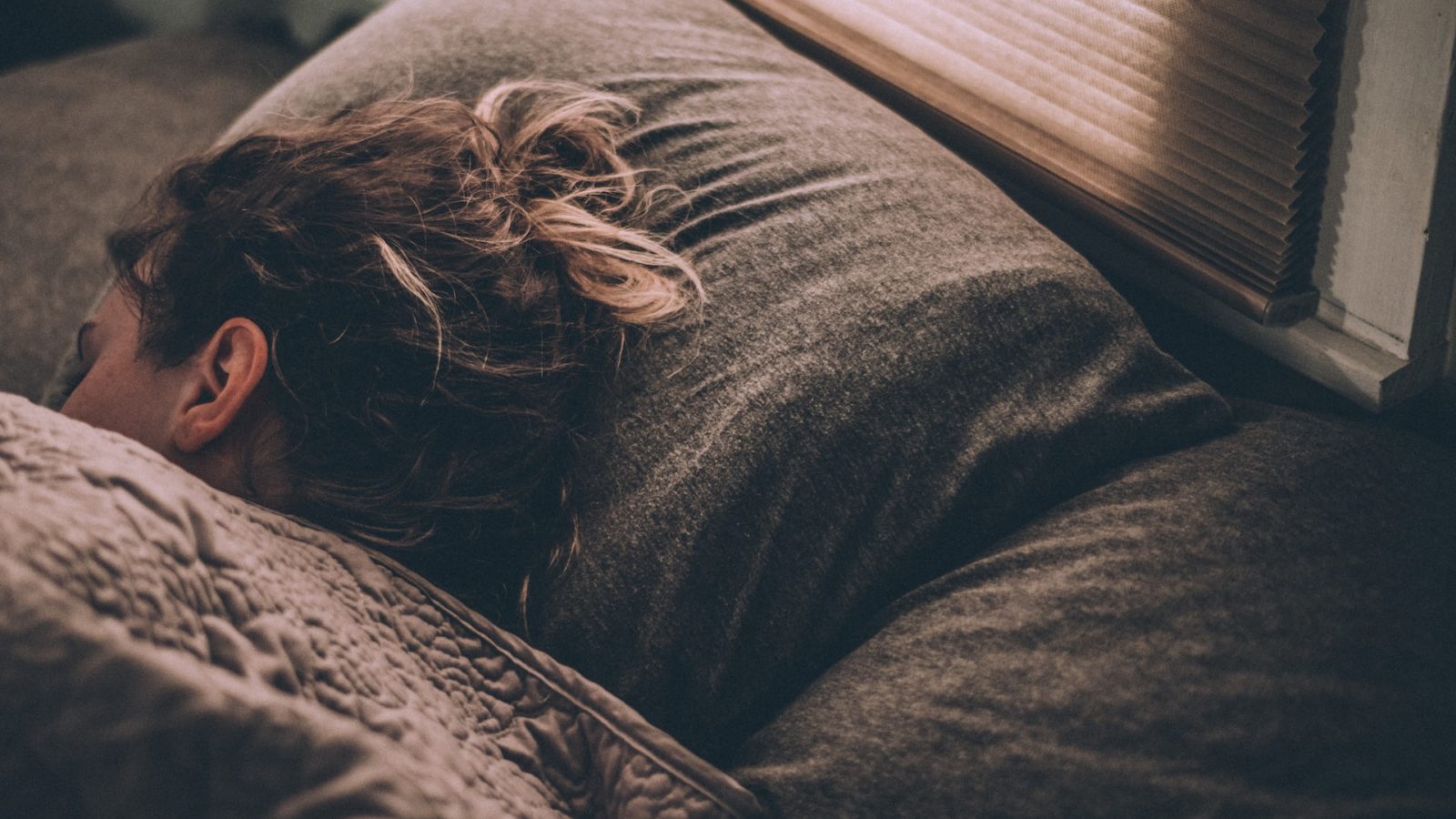The benefits of a good night’s rest are numerous and yet most of us don’t get enough of it. In fact, a good night’s sleep can help the body both physically and mentally.
- Restored immune function
- Better metabolism
- Improved mood
- Improved mental functioning and memory
- Stress relief
As adults, we should be aiming for 7-8 hours of nightly z’s. So how do we intentionally plan to get more sleep and what can we do to aid in better rest?
- Create a consistent sleep schedule.
Sleep experts recommend going to bed and getting up at the same time each day. Regulating our sleep schedule can help the body keep a consistent internal clock. Set a timer on your phone for when you need to head to bed. Then keep your daily timer set to wake the same time each day, even on weekends. Limit daytime naps and create a dark, cool and comfortable environment in your bedroom.
“Early to bed and early to rise makes a man healthy, wealthy, and wise”-Benjamin Franklin
- Avoid screens right before bedtime.
Turning off electronic devices at least 30 minutes before bedtime to make it easier to fall asleep. Tablets, computers, and phones emit blue light which can disrupt the body’s natural production of the sleep hormone melatonin and make it harder to fall asleep.
- Read a good book before bed.
Reading is a low-key activity that helps us relax and it’s a great habit to get into to prepare your body for sleep. It gives us a break from screens and has been found to reduce stress up to 68%. In addition, when we read a book, our focus shifts to thinking about something other than the things that are causing us stress.
Try to head to bed 30 minutes earlier than you want to turn off the lights so that you have sufficient time to unwind and read. If you are looking for a good book to start reading, read the top Books to Start an Adult Reading Habit. This list will kickstart your reading habit and help you discover a variety of books.
- Declutter your bedroom.
Create a calmer sleeping environment by decluttering your bedroom.
A study by Pamela Thacher, assistant professor of psychology at St. Lawrence University in Canton, N.Y., found that “People who sleep in cluttered rooms… are more likely to have sleeping problems. This includes having trouble falling asleep at night and experiencing rest disturbances.”
Create a calmer sleeping environment by using this bedroom decluttering checklist.
- Clean off the top of the nightstand
- Clean out nightstand drawers
- Completely clear out under the bed
- Clear off the top of dressers
- Sort out unwanted/unused clothes
- Clear off chairs and floor
- Put loose change in one spot
- Include regular physical activity into your daily routine.
Regular physical exercise can promote better sleep. If you can, include a walk or some sort of exercise outside to further lower stress. Try to avoid exercising too close to bedtime as you may have a harder time winding down to sleep.
“Sleep is like the golden chain that binds our health and body together.”-Thomas Dekker


